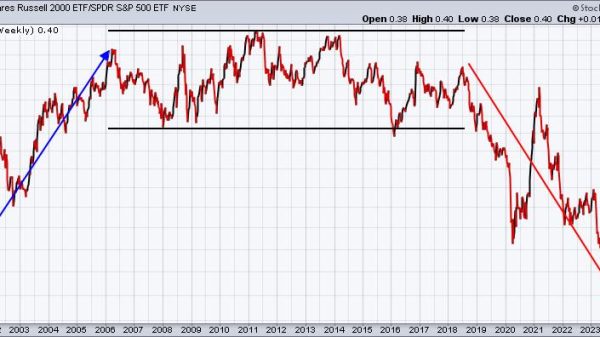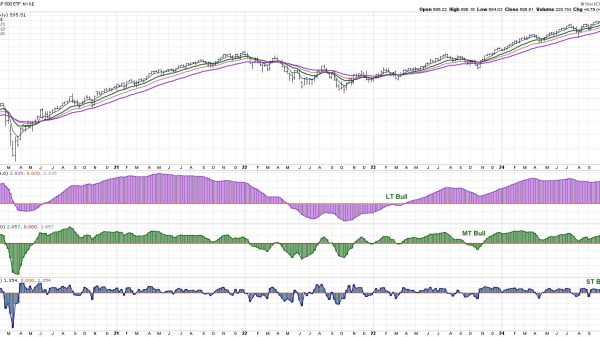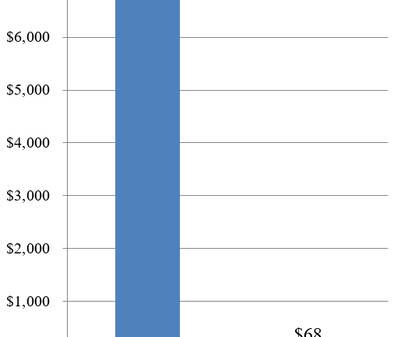
Without US military support, neither Ukraine nor Israel could sustain the wars they are fighting at present. From the first day Russia invaded, Ukraine has relied heavily on US arms, intelligence, and even targeting to defend itself. Similarly, Israel has relied on billions of dollars of American weapons to wage its massive campaign in Gaza. An Israeli war with Hezbollah would rely on even more extensive US assistance in defending Israel from rockets and other ordnance, as well as trying to deter Iran.
The United States has interests in Ukraine and Israel, but that interest is not identical with either country’s interest in itself. Still, the Biden administration has seemed incapable of speaking up for American interests where they differ from those of its partners. Washington seems like a passive spectator of escalation in both conflicts, despite the implications for Americans.
In Ukraine, early on in the war National Security Advisor Jake Sullivan pronounced, “[O]ur job is to support the Ukrainians. They will set the military objectives. They will set the objectives at the bargaining table.” He added that “we are not going to define the outcome of this for the Ukrainians. That is up for them to define and us to support them in.”
Initially, the administration did not follow this principle. They declined Ukrainian President Volodymyr Zelensky’s repeated requests for the United States to enter the war via a no-fly zone. Similarly, when Zelensky blamed Russia for an errant missile that killed Polish citizens, the Biden administration publicly made clear that it was a Ukrainian air-defense missile that killed the Poles, again declining the opportunity to escalate the conflict. And when Ukrainians planned a massive attack in Moscow on the first anniversary of the war, the Americans told them not to.
More recently, Kyiv has decided to ask for forgiveness rather than permission. When Zelensky decided to strike Russian early warning radars that detect incoming nuclear strikes last spring, there is no indication they let the Americans know in advance, leaving an anonymous US official to worry to the Washington Post that the strikes could lead Russia to “think it has a diminished ability to detect early nuclear activity against it.” Similarly with Ukraine’s ground invasion of Russia. Apparently afraid the Americans would either say no or leak the plan, Kyiv did not notify Washington it was about to invade Russian territory.

A similar dynamic has taken place during Israel’s war in Gaza. The invasion of Rafah was the one instance where the administration did something material to try to constrain Israeli Prime Minister Benjamin Netanyahu, but it didn’t work. The administration delayed a shipment of bombs to convey its opposition to the campaign. Israel invaded anyway, and the Biden administration ultimately released part of the delayed shipment.
But Israel, too, has learned not to ask when you fear you may hear “no.” When it came to Israel’s exploding pager operation in Lebanon, Israeli Defense Minister Yoav Gallant only told his American counterpart beforehand “about an imminent operation without divulging details,” according to the Wall Street Journal. Similarly, Israel did not notify the Americans at all about their decision to begin bombing Beirut on September 20.
This is despite the escalatory potential, and despite the fact that the Biden administration made clear its opposition to expanding the war into Lebanon just a day before Israel launched the pager operation. As the Chairman of the Joint Chiefs of Staff C.Q. Brown remarked this summer, such a conflict could well pull in both Iran and the United States, and even if it remained limited to Hezbollah, there were limits to the amount of protection the US military could provide Israel. The costs would be much higher for Israelis.
In both Ukraine and Israel, American partners are leading the United States toward outcomes it says it does not want, often doing so without notifying the US administration of escalatory decisions.
American policy should be working to extricate Americans from these conflicts. To the extent American aid matters to Ukraine and Israel, American advice—and American interests—must be made to count in equal measure. Whether the sleepwalk toward war in the Middle East and Ukraine is due primarily to the somnolent US president’s inattention, the hawkish prerogatives of the advisers who are running the government, or some other factor, American interests need someone to defend them in both countries. Present policies in both capitals risk entangling Americans in their wars.
If the Biden administration cannot or will not defend US interests, someone else should.
























